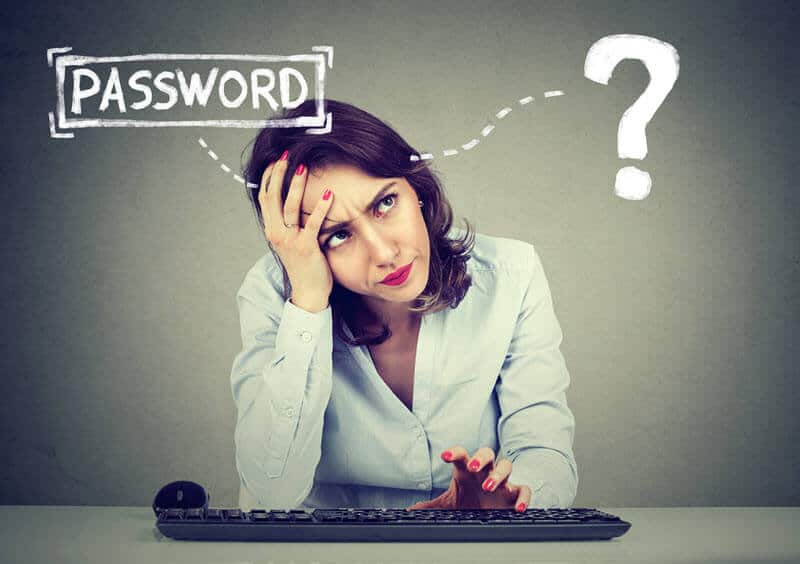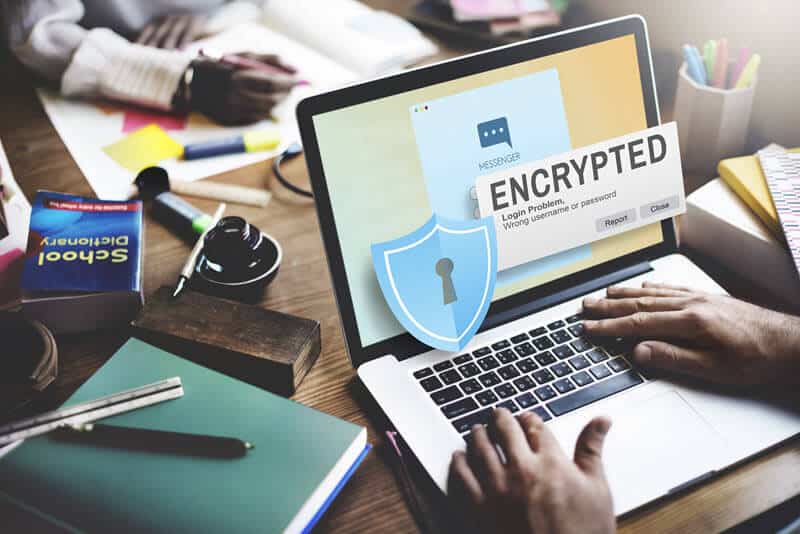Disclaimer: This post may contain affiliate links, meaning we get a small commission if you make a purchase through our links, at no cost to you. For more information, please visit our Disclaimer Page.
With password manager in Google, you’re able to access all your saved passwords at once, so sprucing up the ol’ security system couldn’t be simpler.
When the internet first became a daily tool there were specific, and select, uses. In the beginning, there was Hotmail.
And then AOL, and then MSN, and then quickly spawned many games. But as our lives became more and more dependent on technology, from smart-phones to smart-homes, the web of passwords that we weave has become intricate, if not downright confusing.
There was an ad that said ‘You wouldn’t have one key for your house and car, why have one password for your accounts?’ And that is some sound advice.
When you have different passwords, even changing your password regularly, decreases the likelihood of hackers.
Related Reading: This App Has Been Blocked For Your Protection
Table of Contents
How to Access Manage Passwords in Google
To find all your saved passwords that you’ve ever saved in the history of your Google account, go to passwords.google.com
The home page is literally just a list of your accounts that have saved passwords. To view the passwords themselves, select the account you’re interested in by clicking anywhere in its column.
In the age of ‘click here’ and hyperlinks, a full bar can actually seem confusing. So just get clicking.
Then you will have three options: view, edit, delete.
When you’re updating your account you’re going to want to choose edit. Simply click on the ‘edit’ option, and go ahead.
When choosing a password try and stay away from the standard security questions. Mother’s maiden name, the first street you lived on.
Things like that might have been ok in the 90s, but we have all become more clued in when it comes to passwords. When it comes to something original, think outside of content and start getting creative with characters, numbers, upper-case and lower-case letters.
Forgot Your Password?
Google Password Manager isn’t only great for updating passwords, but it’s also a one-key shop to remembering your password for that obscure site that you go on specifically to buy your mom birthday gifts.
Note: if you have signed up with Facebook — and it will tell you if that is the case — you won’t have the option of editing the password, it will only remind you what email you logged in with.
You might be asking yourself, but, didn’t we just say that one password for all is a liability? Yes, in general it is.
But Google Passwords Manager acts as a master key, how is that safe? Because Google Passwords Manager encrypts its data.
Chrome encrypts all of its data allowing you peace of mind.
What is Encryption?
Remember those old spy kits that you’d get as kids? The ones that had scrambled messages in them, where it looked like one thing but really if you knew the code you could decipher the message?
That’s encryption. Except it’s scrambled so thoroughly that hackers can’t get in.
At least, that’s the idea. It’s the great security wall of the internet.
Originally it was used for credit card security, but these days it can even be applied to your private messaging platforms. Anywhere that you want your private information to remain private, you should be checking for encryption.
Read Article: How To Uninstall Roblox
What is a Passphrase?
Another option for security measures, is a passphrase. A passphrase is an extra preventative measure to a password, and is also a mix of numbers, letters, and symbols.
They can also be referred to as ‘security keys’. As opposed to passwords, which are specific to the task you’re controlling, passphrases control network and databases.
Passwords are usually 6-10 characters, passphrases can be between 10-20 words and characters.
There are many tools that you can use to generate passphrases. It should be noted that a lot of people try and use words.
This is not the most secure practice because obviously words are easier to hack than random letters. The more random your passphrase, the more secure it is.
The solution is then to ‘pass-phrase-ify’ your words.
For example: girlwiththedragontattoo becomes #g!rii$Wth@197dg0n$
Scrambled.
Bonus: Is my Phone Password Encrypted?
You would think that the password to gain access into your hardware would be the most highly protected, but no, it is not.
There’s a two-part answer to that. One is that your phone password is to keep your information out of the hands of the people around you, at the very most, theft.
The second is that this password is software that comes as a part of your phone’s system and not specific security software.
When you think about the first reason, it stands to reason that your phone password is not the most important password that you have.
Although you don’t want your friends going through seeing awkward messages and inappropriate photos – or vice versa — it’s the information within your information that is important to guard against hackers.
Having a weaker phone password than software security might seem strange. Sure, your friend might find out about her surprise birthday, but having weak software security leaves you vulnerable to hackers.
Hackers aren’t as interested in your personal conversations as they are in your data, which then becomes a matter of personal security.
Between credit card information, to personal identity information you could be vulnerable to anything from actual theft, to identity theft.
That’s why more and more applications are employing encryption to guarantee the safety of users personal information.
Final Note:
Even secure sites can become insecure when roaming, or connected to a public network. Aside from that, your encrypted data is still stored by the servers encrypting it.
Whether your information is encrypted or not, always be careful which sites you are visiting and what information you share.


